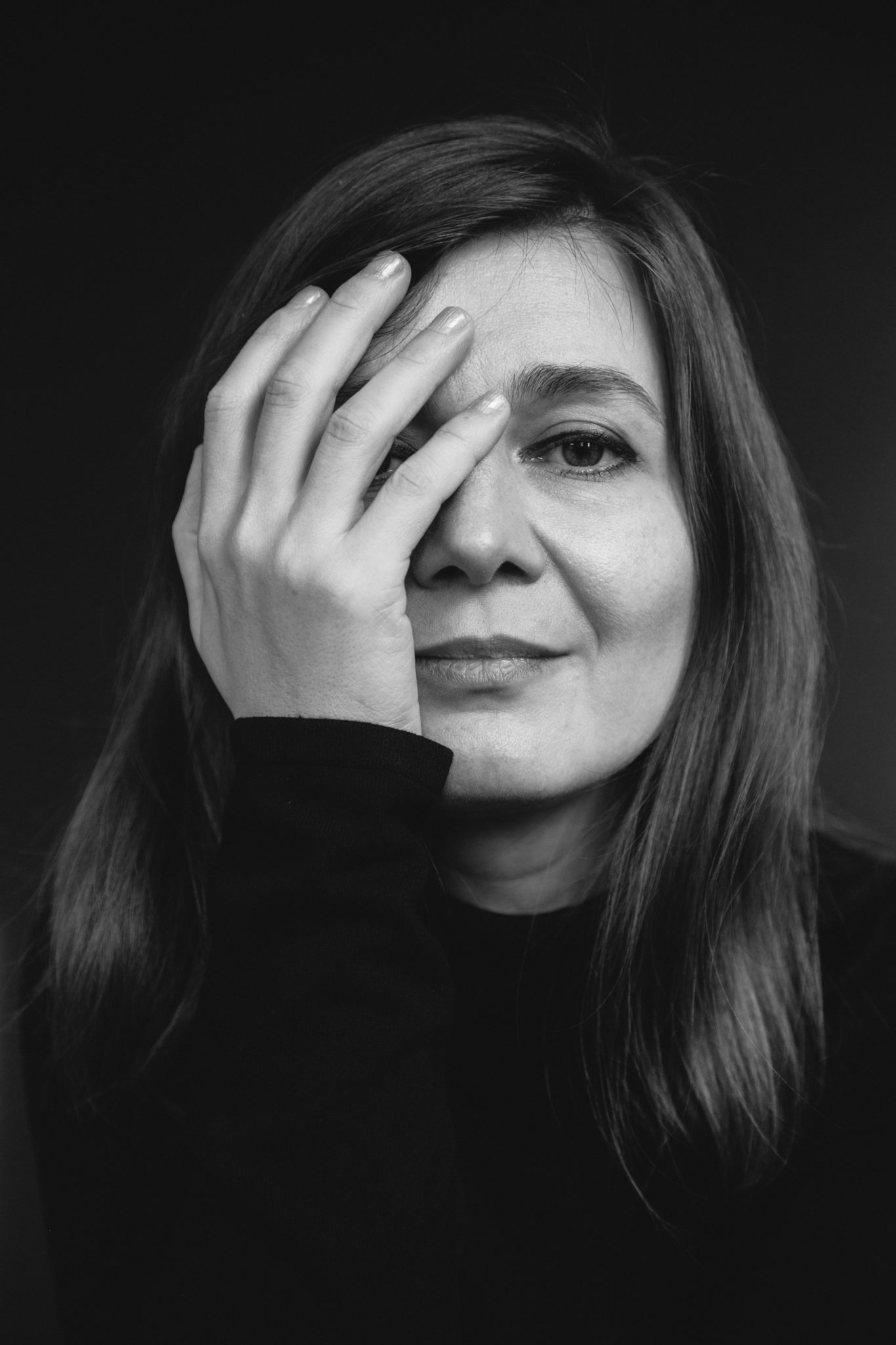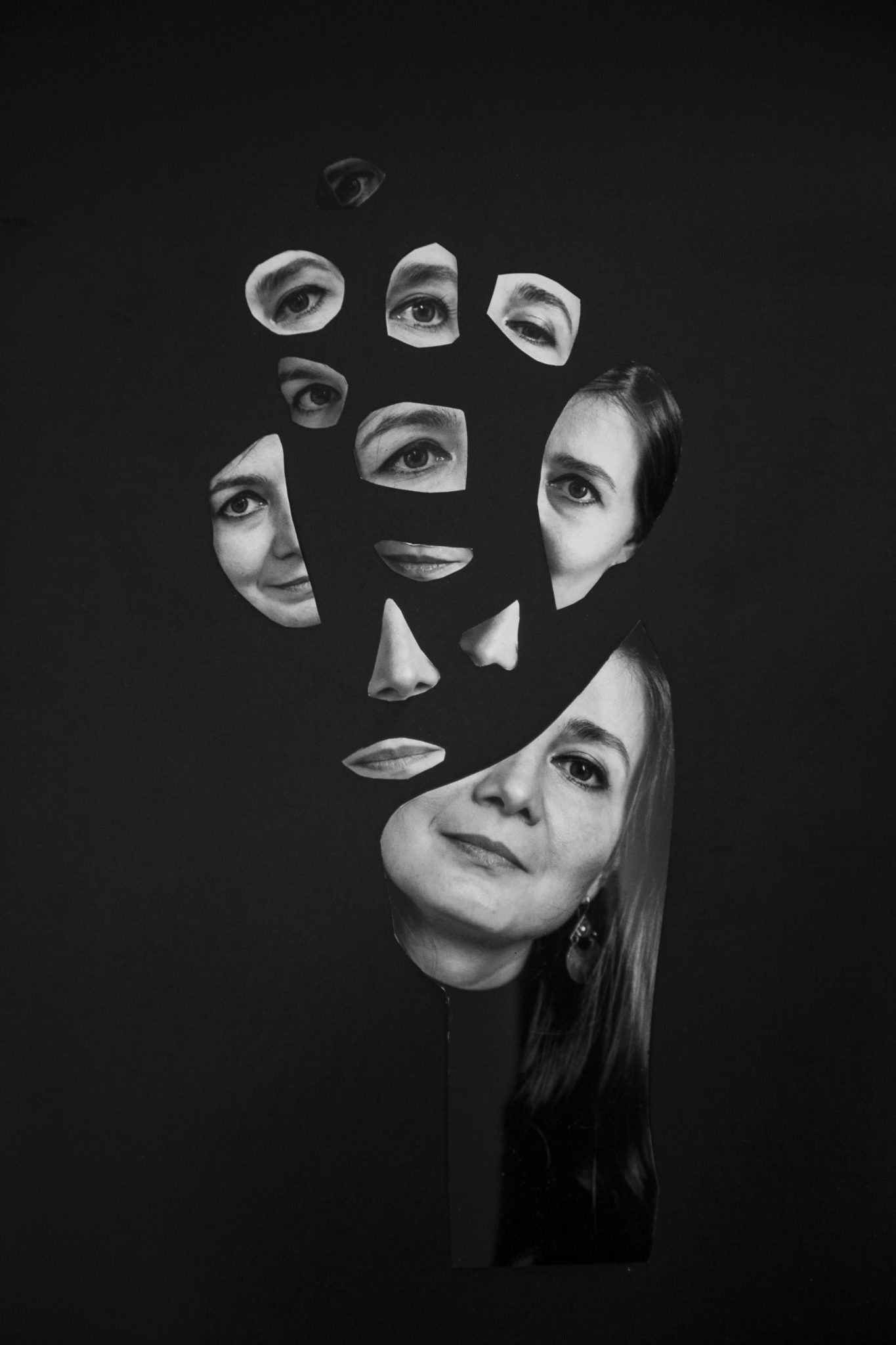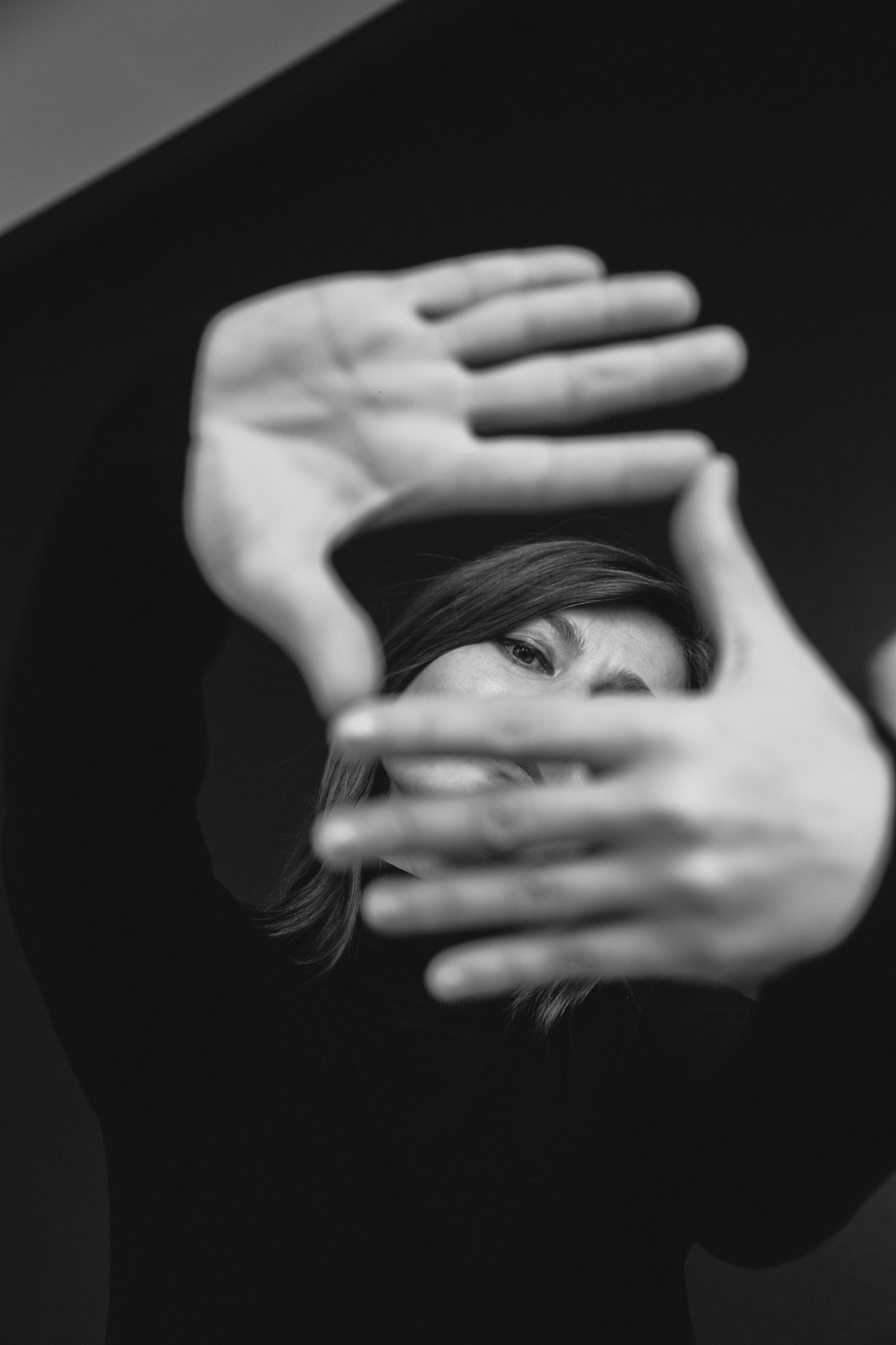Teodora Mihai: “Whenever I choose my subjects, I also consider the power of cinema”
Teodora Ana Mihai was born in Romania but left the country with her parents a few months before the fall of Ceaușescu’s regime. She has never come back since, but she follows closely what happens in her home country, finding her inspiration for her films here. A very modest, fragile and lovely woman, who speaks six languages and travels a lot, Teodora has directed two films so far – a documentary, Waiting for August (winner at Hot Docs and Karlovy Vary and nominated at the European Film Awards, 2014), and her first fiction film, La Civil, winner at Cannes this year (Un Certain Regard – Prix de l’Audace). She has an incredible love for cinema – which she believes is a platform for stories to be heard, and for that reason, we should be responsible about it – and a big curiosity for the world and its cultures. For Teodora, no part of this world is too far away to not have interesting stories waiting to be told. A fact confirmed by her two films – the documentary following a harsh Romanian reality, and her latest fiction film, following a mother from Mexico who loses her teenage daughter. About both films and many other things worth discovering, I talked with Teodora during Les Films de Cannes à Bucarest.
Who is Teodora Ana Mihai – as a woman, a film director and a mother? And what has defined you along the way?
A very important existential question, I would say (laughs). I am a person with a deep love for family and filmmaking – they are both essential to me; when you try to succeed in both, it’s a great challenge, especially if you are a woman. As a human being, all the obstacles along the way have formed me, starting with the years spent in Romania during communism. My parents ran away in 1988, but couldn’t take me with them. They promised they would come back, they had a hard time trying to get me out of the country and succeeded after a lot of diplomatic pressure coming from the West. I left the country in 1989, a few months before the Revolution.
Even if I was just a child, the communism regime marked me – I remember my parents crying in front of the TV, while I was thinking how all the Romanians will disappear from the face of the world.
A lot of defining experiences came next – once I left the country, I had access to many cultures and learned to speak 6 languages, which helped me interact with people, get to know their mentality and culture. It had a huge impact on me, both as a human being and as a filmmaker. And since I am also a mother, my perspective has changed significantly. I have become more idealistic and critical about everything around me. I hope Alice will grow up in a healthier society, but I must admit I’m not too optimistic about it.
You have directed a multi-nominated documentary – Waiting for August, which should have been a fiction film, and a fiction film awarded at Cannes this year – La Civil, which should have been a documentary. Both movies have common themes – in general, children and their relationship with their family. Where does your attraction for social family problems come from?
I am interested in the stories of people who are caught under the pressure of their living context and the society they live in. In Waiting for August, it’s about the social and economic pressures, while in La Civil, it’s also the political ones. I am fascinated by the ordinary person whose strength is invisible, until they are forced to cope with situations that reveal how strong they are. In both films I directed, the story is of those who stay – even though in the first film, the story is told through the eyes of the children, and in La Civil, through the mother’s eyes.

Between your first and second film there is a long break of 7 years; however, the research for La Civil started back in 2015. How have you built the story’s universe and who was by your side along the way?
The story evolved over the years. The co-writer, Habacuc Antonio de Rosario, was the person I trusted the most. In the beginning, I went to him asking for advice and information – he is from a very dangerous part of Mexico – Reynosa, situated at the border with Texas. I wanted to know where I should begin the research for my documentary.
After almost two years, I realized this could never be a documentary film, for obvious reasons – the security of the characters.
So I turned to fiction, which gave me the freedom to tell the story as I wanted to. From that moment, I knew Habacuc had to co-write it but I had no idea if he would accept it. He is a novelist with no experience in cinema. It was very hard for both of us to let go of the reality, we were extremely attached to the real characters, they became our friends.

You said several times that you initially wanted to tell the story from the teenager’s point of view, until you met your main character in real life – her mother, and the discussion you had with her was defining for the final version of the script. However, I’m curious to know what attracted you to the subject in the first place?
I was working on Waiting for August when I went to visit some friends in Northern Mexico and they advised me not to leave the house after 7pm. For me, it was shocking since I knew a different kind of Mexico – in high school, I studied in San Francisco, where there is a big community of latinos, especially Mexicans, so I knew their culture. But now, while visiting my friends, the country seemed quite different than the way I knew it. Working on Waiting for August and dealing with the story of some Romanian children living in very harsh socio-economic conditions, I couldn’t help but wonder how it is for children and teenagers in Mexico, living in a country where you leave your home in the morning not knowing if you’ll be back at the end of the day. I wanted to understand the psychology of this context and I promised myself I’ll come back to investigate the matter.
For me, the best part of your latest film and the center-point of the whole story is Cielo – this housewife who seems almost helpless but becomes a strong and brave woman, an activist, and in a way, someone who turns into an aggressor by the end. And Arcelia Ramírez is just fabulous in her role. Could you tell me more about how you found her and how you worked with her?
When I was studying in San Francisco, I saw a movie called Como agua para chocolate in which Arcelia Ramírez had a small part but which left an impression on me. It was at the beginning of her career, I was around 18 years old and I just loved her. When the time came to start searching for my main actress, I turned to my Mexican acquaintances who knew all the popular faces. She was often recommended, so I googled her out of curiosity and I had a big surprise. I realised I knew her from that film and what caught my eye was the incredible career she has built for herself. It motivated me to send her the script. She replied in less than two days, so beautifully, asking me to give her the chance to play Cielo. We met every day for about a month and a half, we went through every aspect of her character, her entire psychology. I had very clear in my mind the way Cielo had to be portrayed and Arcelia understood my vision very well.
What is your biggest fear as a mother?
Something happening to my child and me, as a mother, not being able to help her. I think that might be it.

The film has an open ending – it leaves room for interpretations. From your standpoint, what happens next in Cielo’s life once the movie ends and the credits start rolling?
Having her daughter return makes a plausible ending, but that’s the exception to the rule. During the investigation, I met families who buried their children, they received only body parts, and then the children returned. But, out of respect for the families who no longer reunite with their children, I decided to leave the ending open. I try to be optimistic, in general, it’s what I wish for my character, but also for Mexico. But I’m also realistic. For me, it ends as it ends in the final version, otherwise, I would not have chosen this ending.
How did you get to meet and work with Cristian Mungiu?
I received an email from him inviting me to Iași to present my film, Waiting for August. I felt honored he had seen and liked it. That’s where we met, he asked me what I was working on, if I had a new project, and he told me that if I ever needed help, I should write to him. Which I did.
This fiction film, on paper, was a real risk and it wasn’t easy to produce at all. I’m very grateful for his help. And for his courage (n. Cristian Mungiu’s)
You were nominated at Cannes this year, in the Un Certain Regard competition, where you won the Prix de l’Audace. Did you expect that in any way, did you get to see the rest of the films in the section?
I had a very busy schedule, given that we had to promote the film, and I didn’t get to see too many films. I think I found it best not to go see films in a hurry and to rather focus on my mission there. And no, I didn’t even expect to be nominated – there are so many good films, made with dedication. I was lucky to be there, and the prize was the cherry on top. It is an acknowledgment that will help the film reach a wider audience and become a subject of debate, and it gives me confidence as a director for the next project.

There is a lot of talk around juries’ subjectivism in the major festivals, and when it comes to Cannes, the press and cinephile community are eager to find out who are the directors of each Jury section. What is your standpoint on that and why do you think you won this award, what are the strengths that made your film stand out?
Personally, I hope all credit goes to the film – to the cinematography, direction, acting, practically everything that makes a film a successful creative product. Surely, the theme explored in it also mattered, it is an important and current social theme that needs such a platform to reach a large audience.
Whenever I choose my subjects, I also consider the power of cinema, which must be treated responsibly.
And, of course, I think it also helped that I’m a female director who gave an opportunity to a middle-aged actress.
What’s next for you? I know you have another film in mind that will also be produced by the Dardenne brothers and Cristian Mungiu. What can you tell us about it?
It is a fiction film about the Romanian diaspora, about the waves of immigrants and the dynamics between the East and the West. That’s all I can say (laughs)
—
La Civil enters Romanian cinemas on the 29th of October.
Title
La Civil
Director/ Screenwriter
Teodora Ana Mihai
Actors
Arcelia Ramírez, Álvaro Guerrero
Country
Mexico, Belgium, Romania
Year
2021
Distributor
Vodoo Films
Synopsys
The story of Cielo, a mother whose teenage daughter is kidnapped in Northern Mexico. When the authorities offer no support in the search, Cielo takes matters into her own hands and transforms from housewife into a vengeful militant.
Film producer and founder of ADFR, she dreamed since she was little of having a magazine one day. Alongside her job as editor-in-chief, she writes the interview of the month. She loves animals, jazz music and films festivals.


